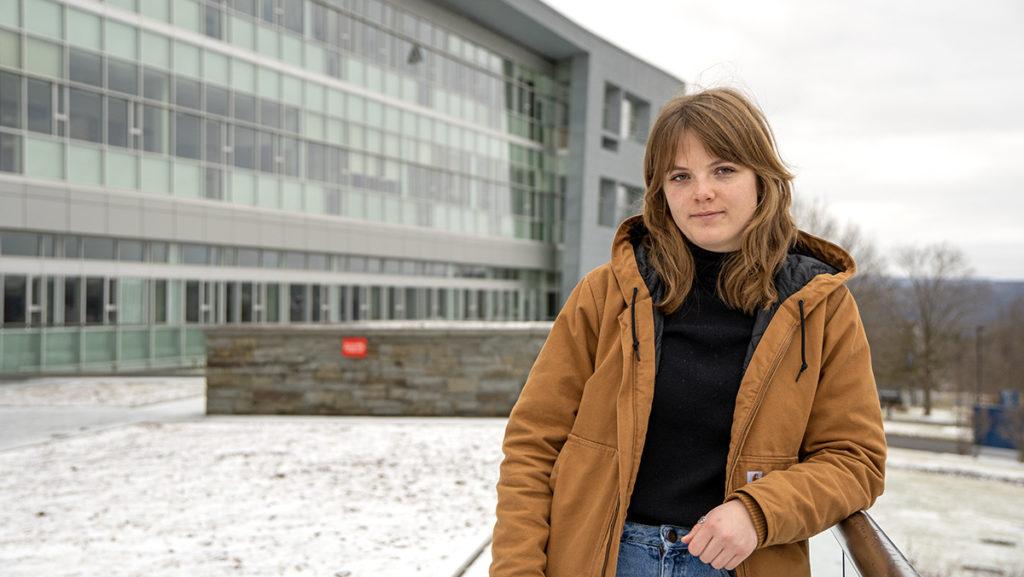Editor’s Note: This is a guest commentary. The opinions do not necessarily reflect the views of the editorial board.
I have always pushed back the thought of paying off my student debt. However, now that I am a senior and approaching my very last semester at Ithaca College, the reality of these payments is becoming much more pressing. I am very fortunate to be splitting the price of my private institution education with my parents. Still, I have requested upwards of $40,000 from Citizens Bank, a private loan supplier.
What really makes this number daunting is the added interest. When I finish paying back my student loans, I will likely pay around the same amount in interest as the loan was worth in the first place, ultimately doubling the price of the loan. And unfortunately, interest rates have been on the rise since the beginning of the COVID-19 pandemic. Specifically, my student loan interest rate increased by over 3% during the last two years.
It is intimidating for me to wrap my head around how much student debt I will have when I graduate from the college in May 2023, but I am encouraged to work hard for a career within public relations or strategic communication that will help me pay it off quickly.
Another thing important to mention is that the number of private loan funds I expected to request during my time at the college dramatically decreased due to the pandemic. I saved quite a bit of money during the two-and-a-half semesters when I lived at home in 2020–21. This unexpected aspect of my college experience was certainly challenging, but I am now grateful for the money I saved and the personal growth that I experienced during the turbulence of the last few years.
I would be interested to find out if other current college students had a similar financial experience during the pandemic. According to the latest data from the College Board, between the 2020–21 academic years, total annual per-student borrowing fell by 5%. Student debt has been a problem in our country for many decades, and it is curious how the pandemic might have altered our perception of cheaper, online classes. We also may now reconsider the process of repaying our debt, seeing as the government implemented an extended pause on student loan repayment during this recent crisis.
In fact, in November 2022, the U.S. Department of Education announced an extension of the pause on student loan repayment interest and collections. The pause could last until the summer of 2023. Nevertheless, the payments will eventually resume and student debt is still something millions of Americans struggle with financially. It makes very little sense why student debt is so much higher in the U.S. compared to other countries around the world. With the exception of the United Kingdom, U.S. student loan amounts are nearly double that of all other countries.
At this point, my experience with student debt is only the nervous anticipation of what it will be like for me to start paying off my loans. I will have to hustle throughout my young adulthood to get ahead of the debt, but I feel motivated and ready to start. According to recent data, 20 years after entering school, half of student borrowers still owe $20,000 each on outstanding loan payments. I will try my best not to let that happen to me, but the time it takes many people to fully pay off their student debt can be unfortunately very long. However, I am grateful for my college education, and if given a chance, I would choose again to attend an expensive private university. I had a great time the past four years and overall I feel prepared for my life post-graduation.














